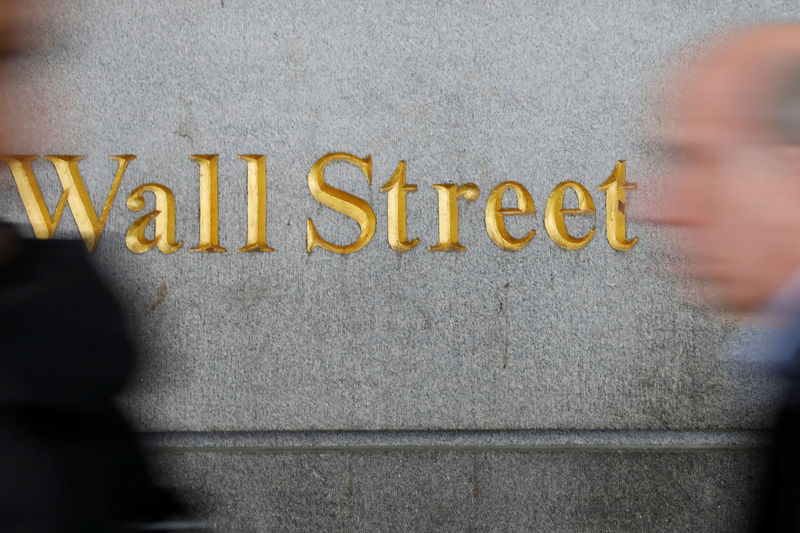(Bloomberg Opinion) -- Up to now, President Donald Trump’s largely ill-conceived effort to roll back financial regulation had one redeeming feature: a mostly sensible plan to improve the Volcker Rule, a piece of the 2010 Dodd-Frank Act aimed at limiting banks’ ability to take undue risks with taxpayer backing.
Not anymore. A new round of tweaks, which regulators are in the process of approving, threatens not to fix the rule, but to blow a big hole in it.
The impetus for the Volcker Rule arose from the bitter experience of the 2008 financial crisis. With the banking system on the verge of collapse, government officials faced a horrible choice: Let banks fail, with disastrous consequences for the economy, or rescue the system wholesale — including activities, such as speculative trading in securities and derivatives, that had little or nothing to do with providing credit to people and businesses.
The rule, as written in Dodd-Frank, aimed to prevent such a predicament from arising again, by forbidding federally insured banks from speculating through so-called proprietary trading. At the same time, though, the law allowed activities that can be hard to distinguish from speculation — such as market making, which involves buying and selling to satisfy customers’ needs. This posed a problem: How to tell the difference?
Regulators’ first attempt didn’t go well. Under their 2013 version of the rule, all positions held for less than 60 days were assumed to be speculative — unless banks could prove otherwise with metrics meant to show what traders were thinking. Supervisors struggled to make sense of this data, which different agencies interpreted differently. The result was a mess.
Last year, the Trump administration proposed a better approach. Instead of trying to get into traders’ heads, it focused on outcomes. Speculation tends to generate big gains and losses. So if traders stayed within certain limits, they would be presumed to be market making. If they didn’t, they would have to explain themselves. Although a lot would depend on where supervisors require banks to set the limits, bright lines would provide much-needed clarity.
Yet banks pushed back on one element of the new rule: It explicitly covered all the financial instruments that can be traded actively, as opposed to the subset that they designate as “trading” in their regulatory reports. The regulators gave way. They slipped in a provision narrowing the scope of the rule to “trading” positions. According to Martin Gruenberg, a director and former chairman of the Federal Deposit Insurance Corp., this excludes about a quarter, or more than $600 billion, of the positions that the original rule covered.
Some say the change is no big deal. That’s hard to fathom. The positions in question can be speculative, even if banks don’t label them as “trading.” And they’re concentrated in the federally insured depositary subsidiaries of the largest U.S. bank holding companies.
Granted, the Volcker Rule isn’t the ideal way to stop subsidizing speculation. And to some extent, normal supervision and other regulations — such as capital requirements — help limit the risks that banks can take. But the narrowing of the rule’s scope will encourage speculation to migrate to places where regulators aren’t focused. As Gruenberg put it, this “opens up vast new opportunity … for speculative proprietary trading funded by the public safety net.”
What to do? Three regulators — the Federal Reserve, the Securities and Exchange Commission, and the Commodity Futures Trading Commission — have yet to approve the final rule. They shouldn’t. If they do, advocacy groups should consider challenging the rule in court, on the grounds that officials should have solicited public feedback on what amounts to a significant and previously unannounced change.
Weakening the Volcker Rule is ultimately in nobody’s interest. The spectacle of banks taking undue risks with taxpayer backing — and getting bailed out when they fail — has undermined public support for financial interventions that, at times, can be the only way to protect the economy. Why risk repeating the experience?
—Editors: Mark Whitehouse, Clive Crook.
To contact the senior editor responsible for Bloomberg Opinion’s editorials: David Shipley at davidshipley@bloomberg.net, .
Editorials are written by the Bloomberg Opinion editorial board.
©2019 Bloomberg L.P.
